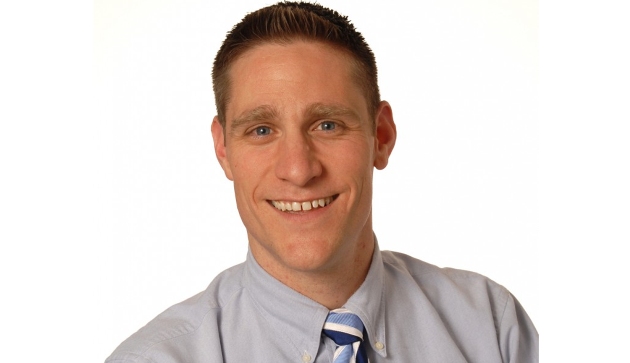Things move fast in an outbreak – whether an outbreak of disease, panic, or both. A lot has happened since my last blog post. I wrote the last post just after Thomas Duncan became the first person to die of Ebola on U.S. soil, and nurse Nina Pham was infected while caring for him. In the past month, we have seen one additional nurse infected with Ebola, and both Amber Vinson and Ms. Pham have been discharged from the hospitals after clearing their infection. Some have cheered and others jeered as nurse Kaci Hickox has clashed with the governor of Maine over an imposed quarantine after she returned from Sierra Leone. The number of cases has also crossed the 10,000 mark, with many more to come.
Discussions continue about many facets of the outbreak: Where were mistakes made? How should we prevent the spread to healthcare workers? How should we protect ourselves? Should we quarantine, and for how long? These questions and many others have been argued with various levels of furor.
We all have the same overarching goal –to protect ourselves and those we love from harm. We also agree that the healthcare systems in Liberia, Sierra Leone, and Guinea are in terrible shape and have been overwhelmed by this outbreak, and that the deaths there are a terrible tragedy. In our 24-hour news cycle, and partisan news and blogosphere, it is easy to forget that we agree on many of the basics and share similar values.
It is hard to counter the fear and fear mongering which has focused on community outbreak of Ebola in the U.S. This is extremely unlikely. I truly feel that our U.S. healthcare system can safely manage Ebola patients. What is different between the U.S. and the healthcare systems in Sierra Leone, Liberia, and Guinea? As Paul Farmer puts it: “staff, stuff, space, and systems.”
In short, we have an abundance here, and those West African countries do not. I have not had the opportunity, but I am an immunocompromised clinician, and I would be willing to care for an Ebola patient if the need arose. Yes – Ebola is a terrible disease with a high mortality rate, and the idea of spread to the U.S. is scary. And yes – spread to our front-line healthcare workers is a tragedy that should be prevented. But we can safely care for these patients. It is true that we have a lot to learn about containing the spread of infectious disease, and we need to quickly develop comprehensive management plans for patients. We needed to do this anyway. Even if we do not see Ebola patients, similar preparations will be necessary should pandemic influenza, MERS CoV, or SARS reach our shores.
Closing our borders seems like a tangible and common sense step to keep Ebola out. But Dr. Drazen and others put it well in the New England Journal of Medicine; a 21 day quarantine is “like driving a carpet tack with a sledgehammer: it gets the job done but overall is more destructive than beneficial.” We simply cannot afford to put up barriers to medical staff helping in West Africa.
The thing we Americans should fear most is mutation of the virus to make it more infectious. I stand by my statement in my last blog post that Ebola is unlikely to ever become airborne – but unlikely does not mean impossible. We should do everything in our power to minimize that risk. We cannot do this by attempting to shut our borders. The longer the virus circulates in West Africa, the more opportunity it has to mutate. Our best weapon in preventing mutation is to shut down this outbreak quickly and completely.
That means emergent export of staff, supplies, space, and systems to Ebola-affected countries. All hands must be on deck, and this means rapid activation of multinational governmental, private, and volunteer organizations working together. We cannot afford to dis-incentivize health care workers from going to help out – there is too much at risk. We need to honor these heroes who endure harsh conditions and put themselves at risk to care for patients in West Africa, not ostracize them. They are protecting all of us with their sacrifice. If you are returning from caring for patients in Guinea, Sierra Leone, or Liberia, I would like to offer you a hearty thank you, a hug, and a handshake. If you can care for Ebola patients, I am confident that you can monitor yourselves for symptoms.



Leave A Comment